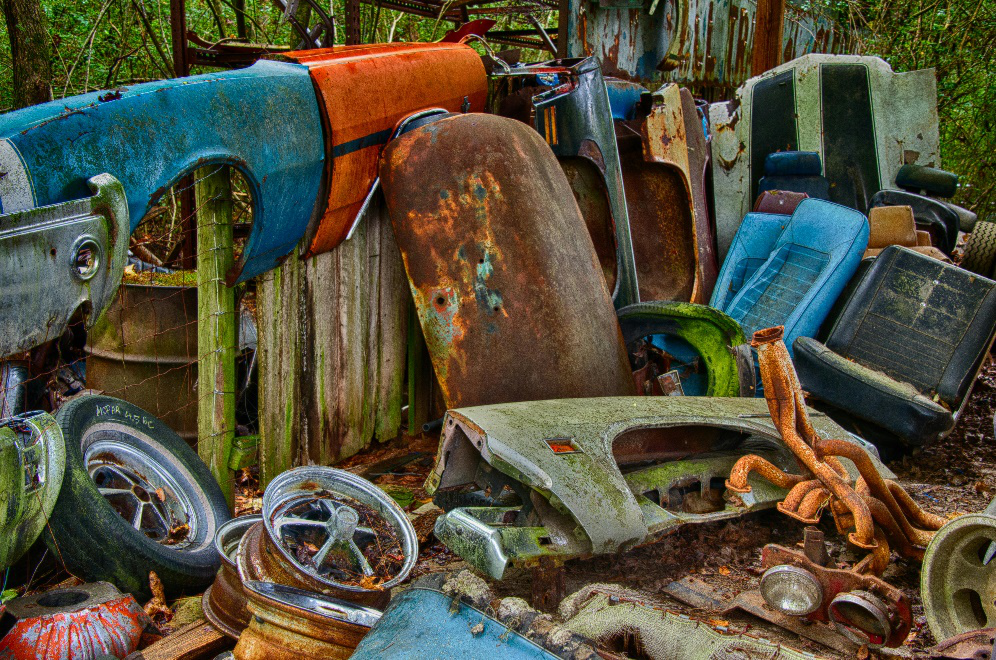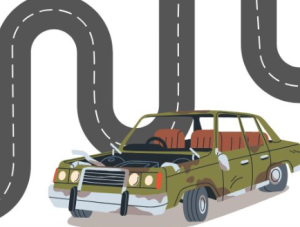Your vehicle’s transmission is one of its most critical components, ensuring seamless gear shifts and optimal performance. However, a dirty transmission can lead to a host of problems, affecting drivability and potentially causing costly repairs. Recognizing the symptoms early and applying the right solutions can save you time and money. In this guide, we will discuss how to identify a dirty transmission and what steps you can take to fix the issue before it leads to bigger problems.
Understanding the Role of a Transmission
The transmission is responsible for transferring power from the engine to the wheels, allowing the vehicle to move at different speeds efficiently. Over time, dirt, metal shavings, and debris accumulate in the transmission fluid, making it less effective in lubricating and cooling the transmission components. This contamination can lead to poor performance and, if ignored, severe damage to the transmission.
Common Symptoms of a Dirty Transmission
Delayed or Rough Shifting
One of the most noticeable signs of a dirty transmission is difficulty shifting gears. You may experience delays when changing gears, or the shift might feel rough and jerky. Contaminated fluid hinders proper lubrication, causing friction and resistance in gear transitions.
Slipping Gears
If your vehicle unexpectedly changes gears or struggles to stay in gear, this could indicate dirty transmission fluid. Slipping gears can make driving unsafe as it prevents consistent power delivery from the engine to the wheels.
Unusual Noises
A dirty transmission may produce whining, grinding, or clunking noises. These sounds result from friction and metal-on-metal contact due to insufficient lubrication, which can cause internal damage if left unchecked.

Overheating Transmission
A transmission that overheats frequently is often due to dirty or low fluid levels. Since transmission fluid is responsible for cooling the system, contaminated or degraded fluid cannot effectively dissipate heat, leading to excessive wear on the transmission components.
Dark or Burnt-Smelling Fluid
Transmission fluid should be bright red and have a slightly sweet smell. If the fluid appears dark brown or black and has a burnt odor, it indicates contamination and the need for a fluid change.
Fluid Leaks
Although leaks are not always related to dirty fluid, they can contribute to transmission issues. If you notice puddles of dark or burnt-smelling fluid under your vehicle, it’s a sign of a problem that needs immediate attention.
Poor Fuel Efficiency
A dirty transmission can reduce fuel efficiency because the engine has to work harder to compensate for poor power delivery. If you notice a sudden decrease in mileage, it might be time to inspect your transmission.
Solutions for a Dirty Transmission
Transmission Fluid Flush
One of the most effective ways to clean a dirty transmission is to perform a fluid flush. This process involves removing all the old, contaminated fluid and replacing it with fresh fluid. Many auto shops offer professional transmission flush services, but you can also do it yourself if you’re comfortable with basic vehicle maintenance.

Changing the Transmission Filter
Some vehicles have a transmission filter that traps contaminants. Over time, the filter becomes clogged, leading to poor performance. Replacing the filter during a fluid change helps maintain a clean and efficient transmission.
Using a Transmission Cleaner
A transmission cleaner is an additive designed to break down sludge and debris in the system. Adding this cleaner before performing a flush can help remove stubborn deposits and improve overall performance.
Regular Transmission Maintenance
Routine maintenance is key to preventing transmission issues. Follow your manufacturer’s recommendations for fluid changes and inspections. This can significantly extend the life of your transmission and prevent costly repairs.
Checking for Leaks and Fixing Them Promptly
If you notice any leaks, identify the source and have it repaired immediately. Leaks can lead to low fluid levels, causing further contamination and damage.
Addressing Other Engine Issues
A dirty transmission can sometimes be a symptom of a bigger problem, such as engine issues or a failing cooling system. Ensuring that the entire powertrain is in good condition will help maintain transmission performance.
When to Consider Selling Your Car
In some cases, a dirty transmission can be a sign of deeper mechanical issues. If your transmission continues to have problems despite maintenance, or if the cost of repairs is too high, you might want to consider selling your car. Many companies offer cash for junk cars in Memphis TN, making it easy to offload a vehicle with transmission problems.
If your car’s junk car engine is beyond repair, selling it as a junk car might be the best financial decision. Many scrapyards and auto recyclers pay for vehicles with damaged transmissions, allowing you to get some value out of your car rather than spending thousands on repairs.

However, if your vehicle’s transmission problems become too severe, selling it for cash for junk cars may be the best option. Keeping an eye on your junk car engine and knowing when to move on can save you time, stress, and money in the long run.
By staying proactive and addressing transmission issues as soon as they arise, you can ensure a smoother driving experience and avoid unexpected breakdowns.
Looking to sell scrap cars in Memphis? Chips 4 Whips offers hassle-free junk car services in North Memphis and Frayser, providing cash for junk cars. We guarantee top dollar for your vehicle. Contact us today for quick and easy junk car removal!









